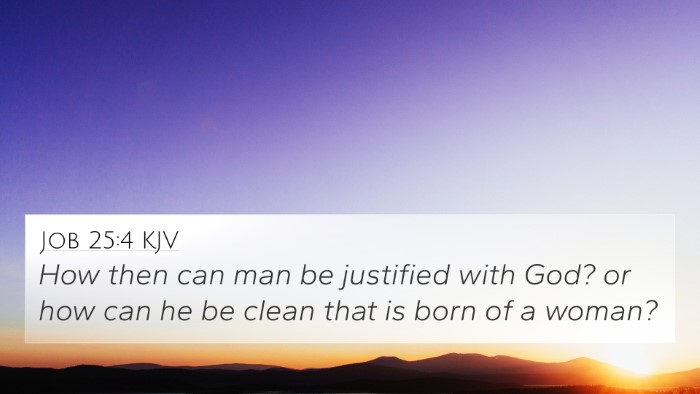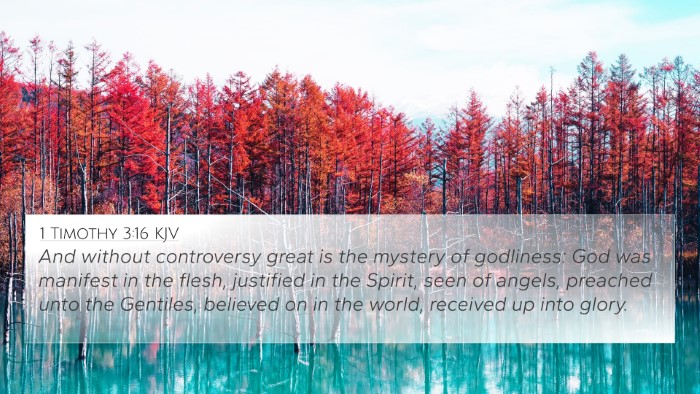Understanding Luke 18:19
Verse: “And Jesus said unto him, Why callest thou me good? none is good, save one, that is, God.”
Summary and Insights
This verse plays a critical role in the overall teachings of Jesus, challenging the perception of goodness common in humanity.
Contextual Analysis
In this passage, a ruler approaches Jesus, addressing Him with a title of respect. This encounter is embedded within the larger narrative of Jesus' discussions about the nature of faith and the kingdom of God.
Theological Significance
Jesus' response highlights key theological concepts:
- The Nature of Goodness: Jesus points out that ultimate goodness belongs solely to God, thereby redirecting the ruler's understanding of goodness to its divine source.
- Human Perspective: The statement reflects a critical view of human inclination to consider oneself or others as inherently good, counteracting the idea of self-righteousness.
- Jesus' Identity: By questioning the title 'good', Jesus invites a deeper consideration of His own identity as the Son of God.
Commentary Insights
Matthew Henry: He emphasizes that this question challenges the ruler’s understanding of goodness, urging him to recognize God as the source of goodness. It serves to demonstrate that while people can exhibit good traits, true goodness is found in God alone.
Albert Barnes: He discusses how Jesus’ question serves as a reminder that one's acknowledgment of divine authority is essential. He asserts that it is not our human actions that define goodness but our relationship with God.
Adam Clarke: Clarke points out that by issuing this question, Jesus not only affirms His divine mission but also nudges the ruler towards a realization of the need for grace and humility before God.
Related Bible Cross-references
- Mark 10:18: Jesus affirms the same sentiment about goodness.
- Romans 3:10-12: These verses speak to the universal nature of sin and the absence of human goodness.
- John 10:11: Highlights Jesus as the good shepherd, contrasting human notions of goodness.
- Luke 6:45: Discusses the source of good and evil actions and the good treasure of the heart.
- Psalm 14:2-3: Reflects on God’s searching of the earth for good.
- Matthew 5:48: Jesus' call to be perfect, as God is perfect, reinforces the divine standard of goodness.
- Galatians 5:22-23: Discusses the fruit of the Spirit, which points to a life transformed by God.
Tools for Cross-Referencing
To delve deeper into thematic connections among verses, consider utilizing:
- Bible Concordance: A comprehensive tool to locate and cross-reference verses based on keywords.
- Bible Cross-reference Guide: Helps link scriptures across different contexts and themes.
- Cross-reference Bible Study: Methods that allow you to explore how different verses relate to one another.
Identifying Connections Between Bible Verses
Understanding Luke 18:19 through comparative Bible verse analysis allows for a richer theological exploration:
- For instance, connecting themes from this verse with those in Romans 5:8, which speaks of God's love in contrast to human goodness.
- Exploring 1 John 1:5 that states, "God is light, and in him is no darkness at all," solidifies the notion of divine purity versus human imperfection.
Conclusion
Luke 18:19 invites not only a deeper understanding of divine goodness but challenges us to reflect on our views of integrity and righteousness. By utilizing tools for cross-referencing and examining the links between biblical texts, individuals seeking understanding can gain profound insights into the nature of God and His role in our lives.










